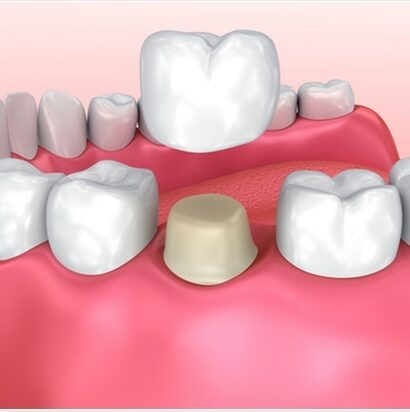Heart Bypass Surgery which in medical terms is known as Coronary Artery Bypass Surgery refers to the process of replacing those arteries of the heart which have become partially or fully blocked. To do this, a surgeon uses healthy blood vessels from other parts of the body such as the arms, chest or legs and used to bypass the flow of blood from the choked arteries to the healthy implanted ones. Every year many such surgeries are conducted across the best cardiac hospitals in India, but it is difficult to state the exact number.
Why do Arteries Get Choked?
The arteries of the heart get choked owing to a direct consequence of the buildup of plaque. This is composed primarily of fat and other substances such as calcium, cellular waste products, proteins, and inflammatory cells.
Causes Which Lead to Choked Arteries
The causes behind such a development are many but mostly happens to be a mix of lifestyle habits such as –
- Unhealthy diet
- Being overweight
- Sedentary lifestyle
- High blood pressure
- Uncontrolled diabetes
- Uncontrolled stress or anger
- Smoking and/or tobacco consumption
- High blood cholesterol and triglycerides
Some of the uncontrollable factors include –
- Gender – Men are more prone to heart attacks and at a much earlier age as compared to women. However, beginning from the age of 70 both the sexes are equally vulnerable.
- Family History – Coronary heart diseases are more likely to happen in the case of individuals whose parents were diagnosed with heart diseases before the age of 50.
- Race – African Americans have higher blood pressure in general when compared to Caucasians. Thus, the chances of developing heart diseases and related ailments is higher in the case of African Americans. Some of the other groups of people who are likely to develop heart diseases include Asian Americans, native Hawaiians, Mexican Americans, and Americans Indians.
Process of Heart Bypass Surgery
The course of action taken for a Heart Bypass Surgery depends entirely on the number of arteries which have been blocked. A single bypass is done if one artery is blocked, double bypass for two blocked arteries and so on.
When is Heart Bypass Surgery Needed?
Owing to the buildup of plaque, a condition develops which is known as atherosclerosis because f which the heart is unable to receive oxygenated blood for its sustenance and nourishment. This results in the heart being unable to pump blood properly and has to work much harder than usual causing the patient to feel chest pain which in worst cases can lead to heart attack and untimely death.
Procedure Following a Heart Bypass Surgery
During and immediately after a Heart Bypass Surgery, the patient is connected to a ventilator to assist in the breathing process. Following the completion of the surgery, the patient is admitted to the ICU (Intensive Care Unit) where the parameters such as blood pressure, body temperature, and breathing rate are monitored.
After some time, the patient is shifted to the cardiac unit where the stitches are removed and body parameters continue to be monitored. Several symptoms develop this time such as thumping sensations in the chest or ears, fever, discomfort in the upper part of the body, fever, lack of memory, change in appetite etc.
Finally, when the patient has recovered to the satisfaction of the attending physician is she/he discharged. A diet plan and course of medication is made for the patient which needs to be strictly followed. Gradually the patient is able to get back to a life which is much healthier than before.













